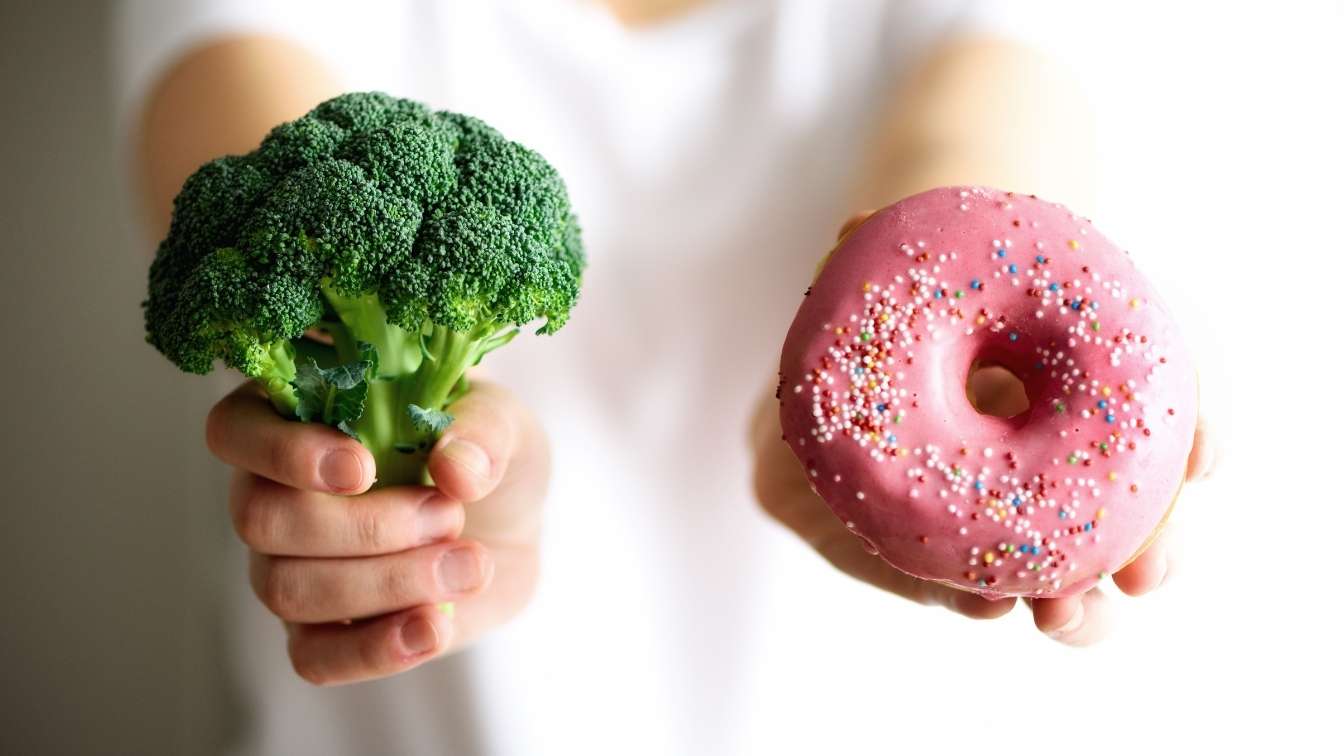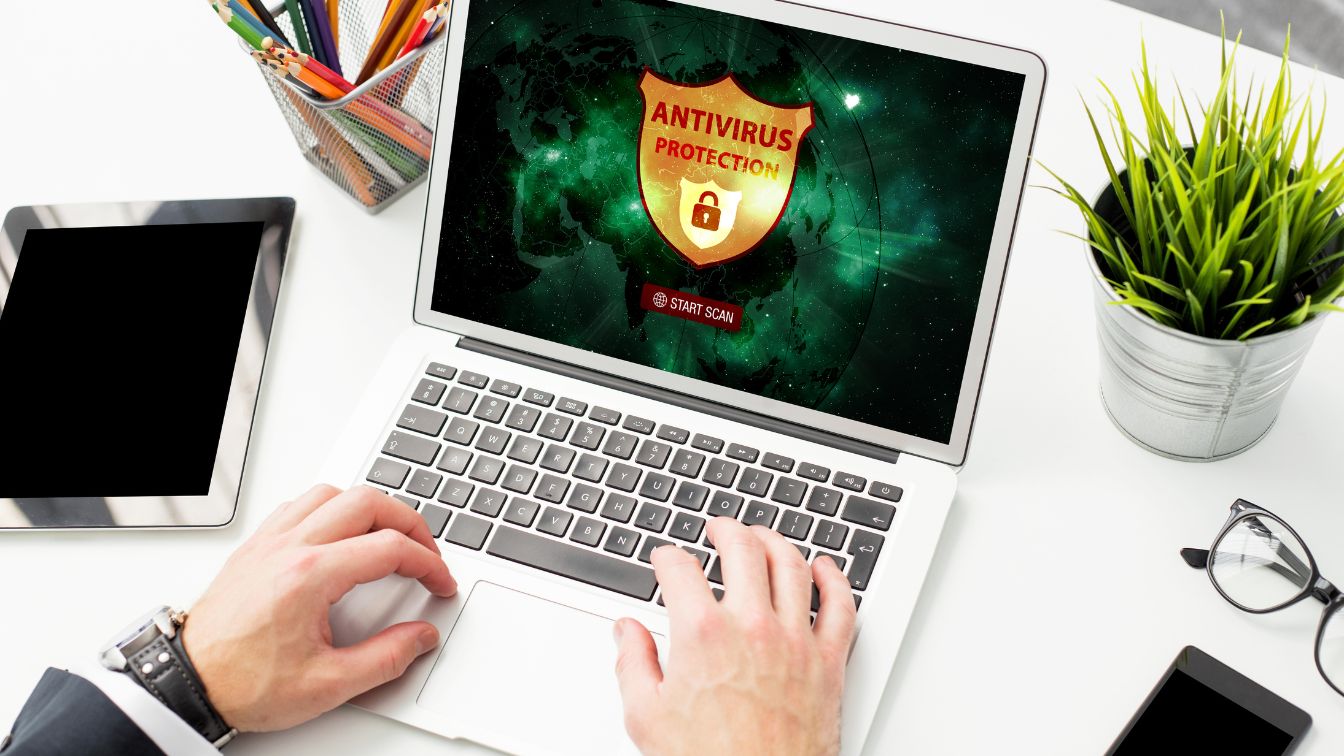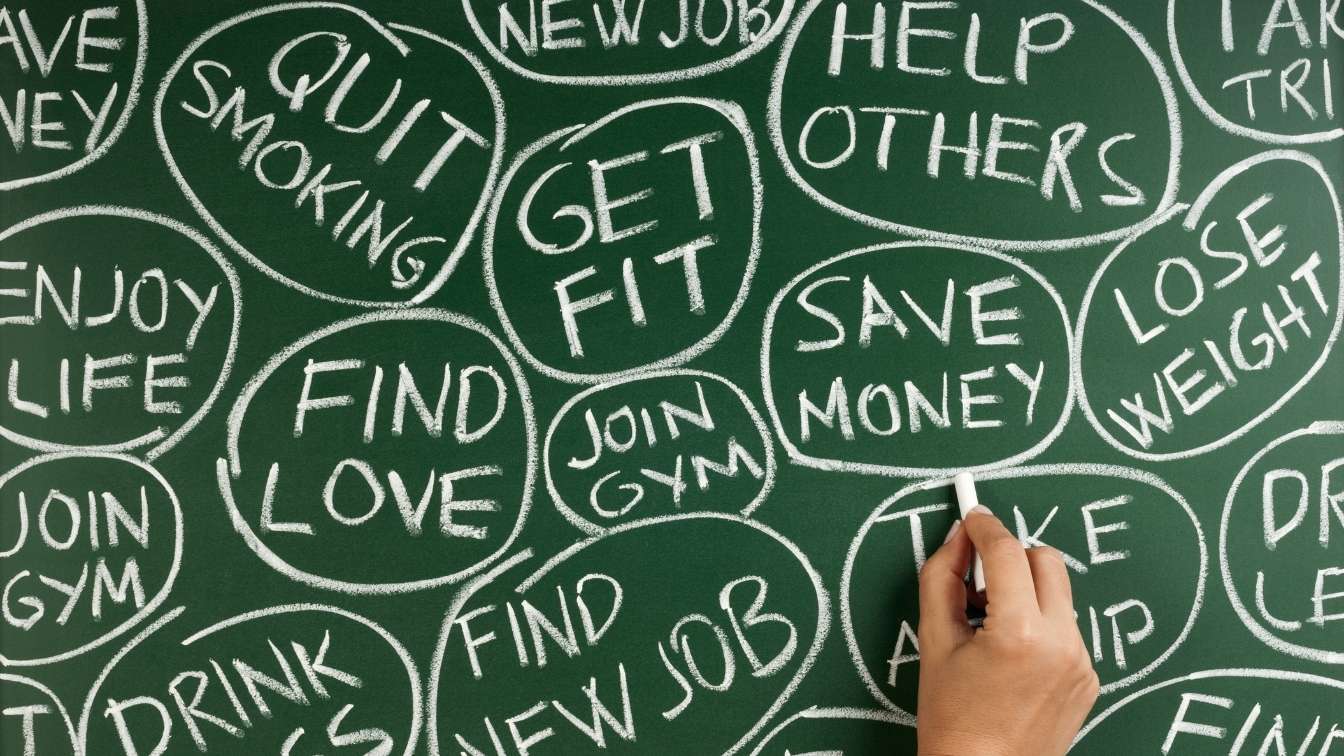Why Using Willpower Makes Quitting Hard

We often exercise willpower in our daily lives, either to do something that we feel will benefit us, or alternatively to not do something that we feel is bad for us. Either way, we don’t really want to do it and use willpower to force a change.
In this article we’ll explain what willpower is and how it relates to quitting smoking.
What is willpower?
The Oxford English dictionary defines it as follows:
will·pow·er
/ˈwilˌpou(ə)r/
noun: willpower; noun: will power
control exerted to do something or restrain impulses.
In simple terms, if you are trying to control yourself or restrain an impulse to do something then you are exercising willpower.
An example might be forcing yourself to go for a run when you would rather relax in front of the TV. You need to use willpower to exert control over yourself to put your running shoes on, open the door, get out in the cold and start moving.
The difference is all in your mind!
If your experience of running is that you love being outdoors, you get an energy boost, it helps to keep your asthma at bay and has helped you meet loads of cool people at your run club, then going for a run will be an easy decision to make. You might have the odd day where you don’t feel like it but for the most part you just get up and go. It doesn’t take any willpower to get you out of the house.
However, if your experience of running is that it makes your legs hurt, you can’t breathe, you think you’re too slow, the neighbours dog always chases you and it generally interferes with other things you’d rather be doing, then you’ll have to exert control over your impulse to stay home!
Another good example is with food.
If I offered my husband a plate of liver to eat (he hates liver), how much willpower would it take him not to eat it? Absolutely none!
Why? Because he doesn’t like it and sees no benefit or point in eating it.
Now imagine a food item that you don’t like. How much willpower would it take you not to eat it? None, because you don’t like it and see no value in it.
How willpower relates to smoking
Let’s use the examples above in the context of smoking.
If your perception of smoking is that you enjoy it, it relaxes you, relieves stress, gives you time out, enhances social occasions or any other perceived benefit, then you will continue to do it without thinking about it. These positive perceptions and the fear of life without it far outweigh any negative feelings you may have towards smoking so in order to stop doing it you will need to exert control over yourself.
Non-smokers don’t have these perceptions. A non-smoker will see it as pointless, dangerous, a waste of money, will kill you etc and therefore isn’t using willpower to stop themselves.
Ah, but I’m addicted to nicotine I hear you say. Yes, there’s a physical addiction to nicotine but this is negligible compared to your psychological addiction to smoking.
Using willpower to stop smoking
The main reason people will tell you it is hard to quit smoking is because most smokers use a willpower based method to do it and I include patches, gum, vapes, pills, cold turkey etc here as willpower methods.
None of these methods address your psychological relationship with smoking and using them means using willpower. After all, a patch doesn’t go so well with your morning coffee, does it?!
Of course, people do quit smoking with these methods which is great, but rarely do they find it easy or enjoyable, hence their high failure rate.
If you believe the manufacturers claims that smoking relaxes, relieves stress, relieves boredom, helps you cope, is an enjoyable thing to do and are afraid of life without it, you’ll find it difficult to stop which will require tremendous willpower.
I know that quitting smoking is easy but only once you remove the perceived benefits and fear of life as a non-smoker. Once that is removed and you only see the positives in stopping, then reliance on willpower disappears.
You need to change your thinking and see smoking for what it really is rather than the way the manufacturers have brainwashed us to see it. You switch from thinking, “I want to smoke but I’m not allowed” to “I’m allowed to smoke but don’t want to.” Can you see how the latter changes things?
I can 100% testify that I didn’t need an ounce of willpower to quit using Allen Carr’s Easyway and neither do you.

Natalie @ Allen Carr

get started
Sign up for free advice, support and resources to start you on your quit smoking journey.



